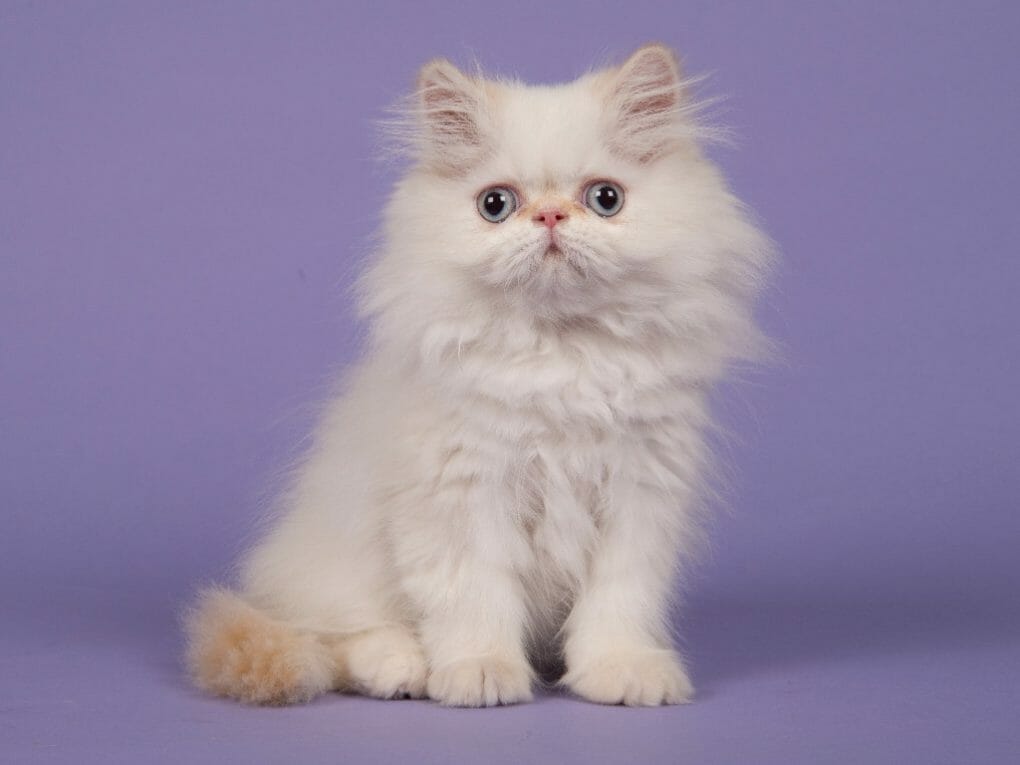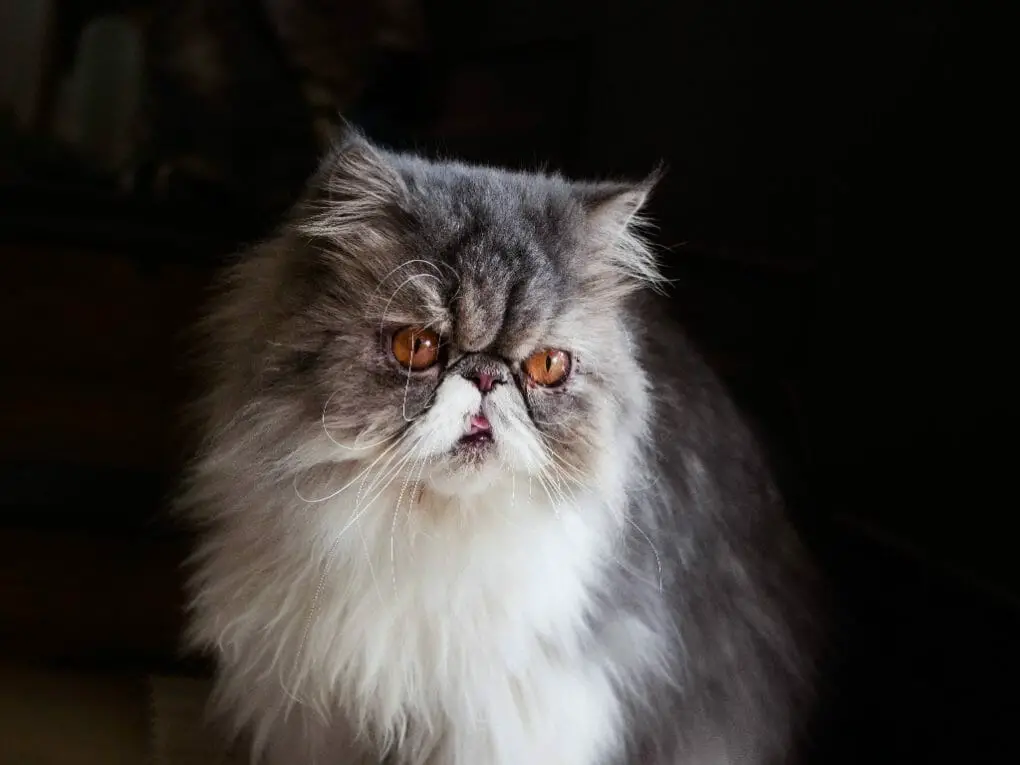Ever wondered how to keep your Persian cat’s eyes healthy? Look no further, because in this article, we will dive into the essential tips and tricks you need to know to ensure your furry friend’s eyes sparkle with health. From proper grooming techniques to detecting common eye conditions, we’ve got you covered. So, grab a cup of tea, sit back, and prepare to become a feline eye expert.
In the following paragraphs, we’ll explore the importance of regular eye care for Persian cats, discuss the signs and symptoms of eye problems to watch out for, and provide practical methods to maintain optimal eye health. Get ready to embark on a journey that will not only deepen your bond with your Persian cat but also equip you with the knowledge to keep their captivating eyes shining brightly.
How to Keep Your Persian Cat’s Eyes Healthy
Owning a Persian cat comes with its own set of responsibilities, and one of the most important aspects of their care is ensuring their eye health. Persian cats are known for their strikingly beautiful eyes, but they are also prone to certain eye problems. Luckily, with regular care and attention, you can help keep your Persian cat’s eyes healthy and free from any issues. In this article, we will discuss various strategies and techniques to maintain your Persian cat’s eye health, from regular eye examinations to proper cleaning, diet and nutrition, and more.

Regular Eye Examinations
Finding a reputable veterinarian who specializes in feline care is the first step towards ensuring your Persian cat’s eye health. These professionals have the knowledge and experience to detect early signs of eye problems and provide appropriate treatment. Schedule routine eye check-ups for your furry friend, even if they don’t show any symptoms. Early detection is key in preventing more serious eye issues.
During these examinations, the veterinarian will perform a thorough evaluation of your cat’s eyes, checking for any abnormalities, irritations, or infections. They may use specialized techniques such as staining the eye with a dye to identify any scratches or ulcers on the cornea. Regular eye examinations are crucial in maintaining your Persian cat’s eye health and preventing any potential complications.
Proper Cleaning
Keeping your Persian cat’s eyes clean is an essential part of their eye care routine. Persian cats are known for their long, luxurious coats, and their hair can sometimes irritate their eyes, leading to discomfort or even infections. To prevent this, gentle and regular cleaning is necessary.
When cleaning your Persian cat’s eyes, use a soft, damp cloth or cotton ball. Gently wipe away any discharge or debris that may have accumulated in the corners of their eyes. Be sure to use separate cloths or cotton balls for each eye to avoid spreading any potential infection. Avoid using any harsh chemicals or products that could cause further irritation. If you notice excessive tearing or discharge, consult your veterinarian for further guidance.
Diet and Nutrition
Maintaining a balanced and nutritious diet is crucial for your Persian cat’s overall health, including their eye health. A well-rounded diet that includes essential vitamins and minerals plays a significant role in preventing eye problems and maintaining good vision.
Ensure that your Persian cat’s diet consists of high-quality cat food that is specifically formulated for their breed and age. Look for products that contain essential nutrients such as Vitamin A, Vitamin C, Vitamin E, and Omega-3 fatty acids. These nutrients are known for their beneficial effects on eye health. Consult with your veterinarian to determine the best food options for your Persian cat’s specific needs.
Avoiding Eye Irritants
Creating a dust-free environment is essential for your Persian cat’s eye health. Dust particles can irritate their sensitive eyes and lead to discomfort or infections. Regularly dust and vacuum your home to minimize dust accumulation. Additionally, avoid using any strong chemicals or cleaning products near your cat’s living area as these can also irritate their eyes. Opt for pet-safe cleaning alternatives.
Some Persian cats may be prone to allergies, which can also affect their eyes. If you notice excessive redness, itching, or discharge, consult your veterinarian to identify the allergen and provide appropriate treatment. Be mindful of any potential irritants in your cat’s environment and take steps to minimize their exposure.
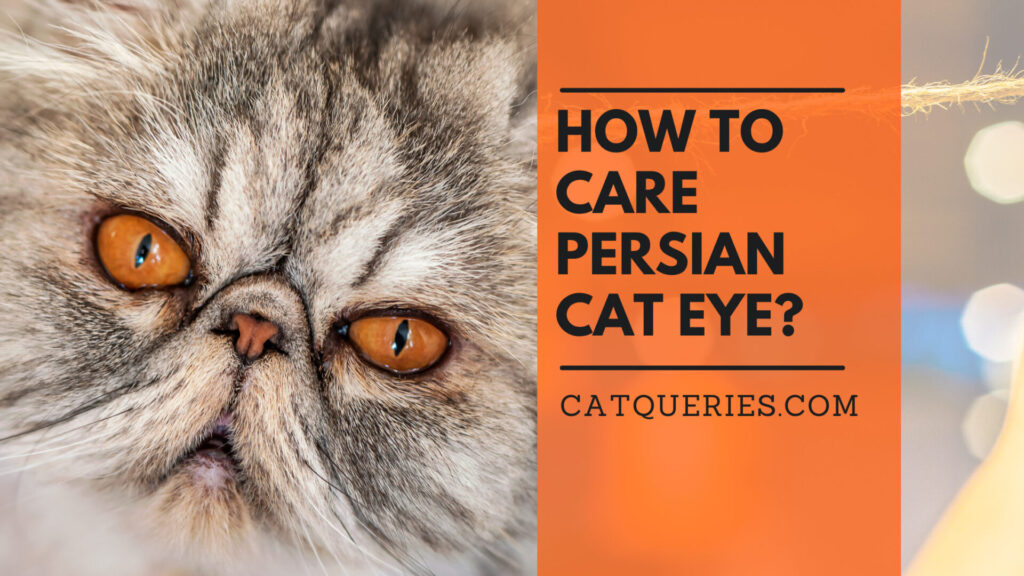
Identifying Common Eye Problems
As a responsible cat owner, it is important to familiarize yourself with common eye problems that Persian cats may experience. Being able to recognize the signs and symptoms will enable you to seek veterinary care promptly and prevent any further complications.
Conjunctivitis, also known as “pink eye,” is a common eye problem in cats. It is characterized by redness, swelling, and discharge from the eyes. Corneal ulcers, on the other hand, are open sores on the outer layer of the eye that can lead to pain and discomfort. Tear stains, which are dark streaks that appear under the eyes, are another issue that Persian cats may face due to their prominent eyes.
Certain hereditary diseases, such as progressive retinal atrophy, can also affect your Persian cat’s vision. Keep an eye out for any changes in their vision or behavior that may indicate a problem. Excessive tearing or watery eyes can also indicate underlying issues that warrant veterinary attention.
The Importance of Grooming
Regular grooming is not only essential for your Persian cat’s overall appearance but also crucial for their eye health. Their long, luxurious fur can easily mat and cause tears or irritation around the eyes. Daily brushing helps prevent these issues by keeping their fur tangle-free and reducing the chances of hair irritating their sensitive eyes.
When grooming your Persian cat, pay special attention to the hair around their face and eyes. Use a wide-toothed comb or a specialized brush to gently remove any tangles or mats. If necessary, trim the hairs that are particularly close to their eyes to minimize irritation. If you’re unsure about grooming techniques, consult a professional groomer who is experienced in working with Persian cats.
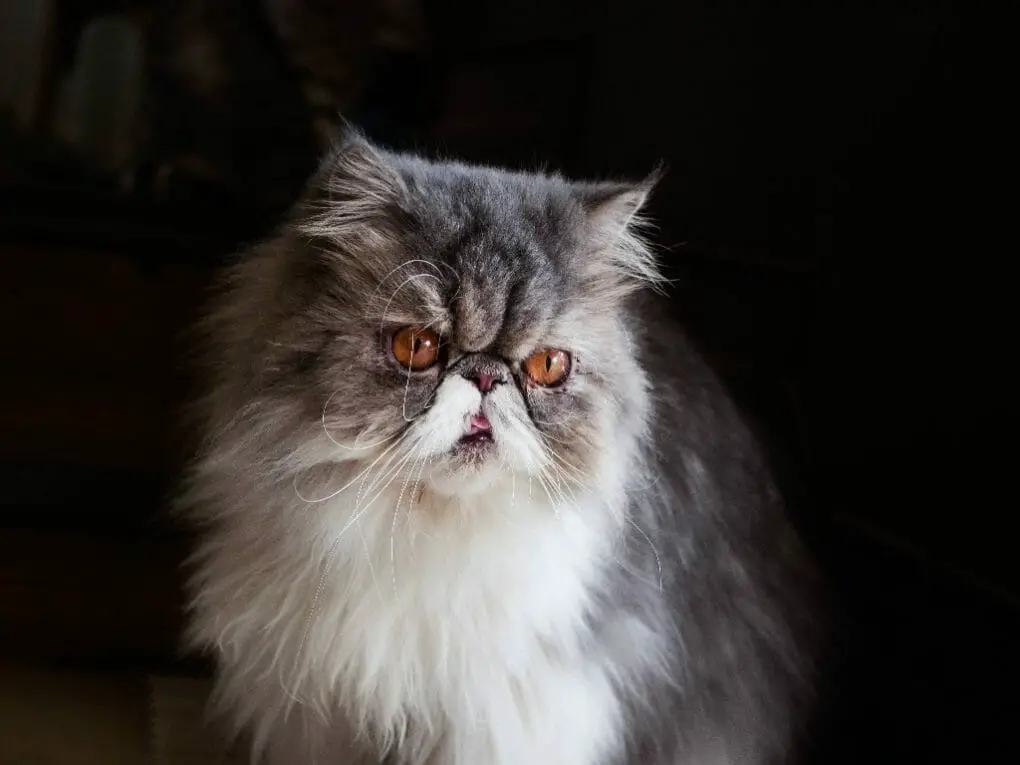
Maintaining a Stress-free Environment
Stress can negatively impact your Persian cat’s overall health, including their eye health. Creating a calm and stress-free living space is essential for their wellbeing. Minimize loud noises and sudden disturbances that may startle or stress out your cat. Provide plenty of enrichment and play opportunities to keep them mentally stimulated and engaged.
Additionally, reduce any potential stressors in your cat’s environment that may trigger eye problems. Monitor their interactions with other pets and ensure they have a safe space where they can retreat if they feel overwhelmed. A calm and stress-free environment will contribute to your Persian cat’s overall wellness, including the health of their eyes.
Protecting from Sun Exposure
While Persian cats are primarily indoor pets, they can still be exposed to harmful UV rays when they spend time near windows or venture outside. Sunburned eyes can be a painful condition for cats, potentially leading to long-term damage. It is important to protect your Persian cat’s eyes from sun exposure to maintain their eye health.
Limit your cat’s outdoor time during peak sunlight hours, especially in regions with intense sun. Provide plenty of shade and shelter in their outdoor space. If your cat enjoys sitting by windows, consider installing window film or shades to filter out harmful UV rays. Cat-specific sunscreen is also available and can be applied to their ears, nose, and other exposed areas when they do go outside.
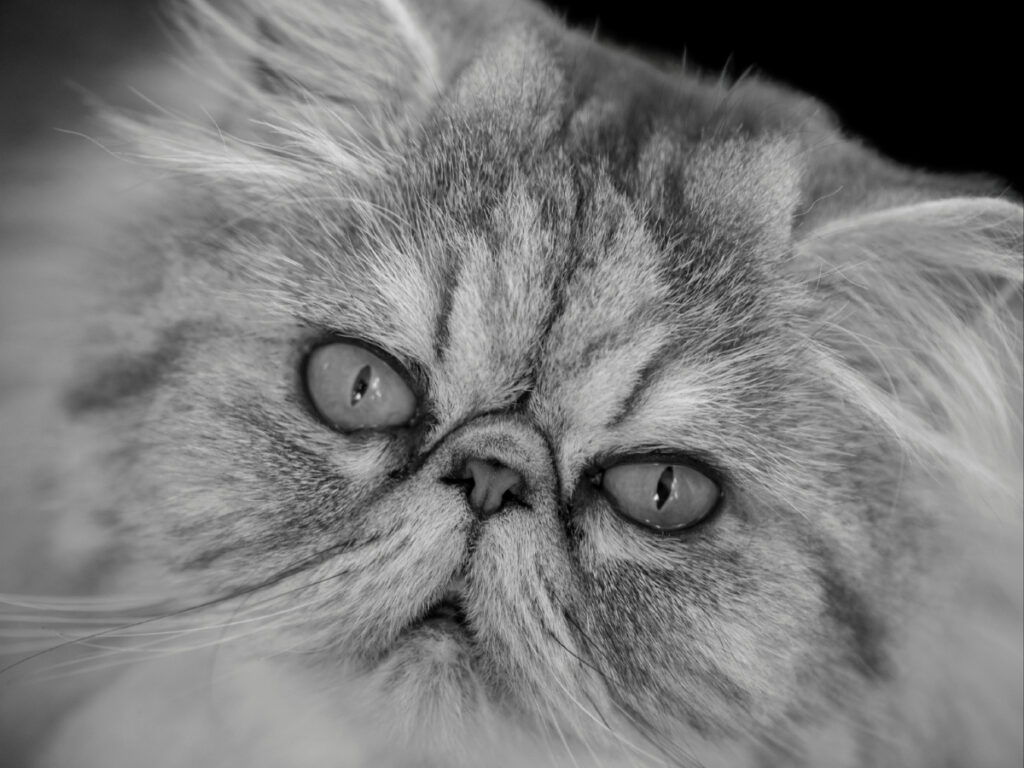
Recognizing Signs of Eye Issues
Regular observation is crucial in maintaining your Persian cat’s eye health. By paying attention to any changes in their eyes or behavior, you can quickly identify potential issues and seek veterinary care.
Some common signs of eye problems in Persian cats include excessive blinking or squinting, eye discharge or redness, cloudy or hazy eyes, and constant rubbing or pawing at the eyes. If you notice any of these symptoms, it is important to consult your veterinarian for a proper diagnosis and treatment plan. Early intervention can prevent further complications and discomfort for your beloved furry friend.
Seeking Veterinary Care
While preventive care is essential, there may be times when you need to seek veterinary care for your Persian cat’s eye problems. Professional diagnosis and treatment are crucial for resolving any ongoing issues and preventing long-term damage to their eyesight.
Your veterinarian may recommend various treatment options depending on the specific issue. These can include prescribed medications, such as antibiotics or anti-inflammatory drugs, to treat infections or reduce inflammation. Eye drops or ointments may also be prescribed to alleviate discomfort and promote healing. In some cases, surgical interventions may be necessary to address underlying conditions.
Remember, as a responsible pet owner, it is your duty to prioritize your Persian cat’s eye health. By following the guidelines outlined in this article and seeking veterinary care when needed, you can ensure that your beloved furry friend enjoys a lifetime of healthy and beautiful eyes.
